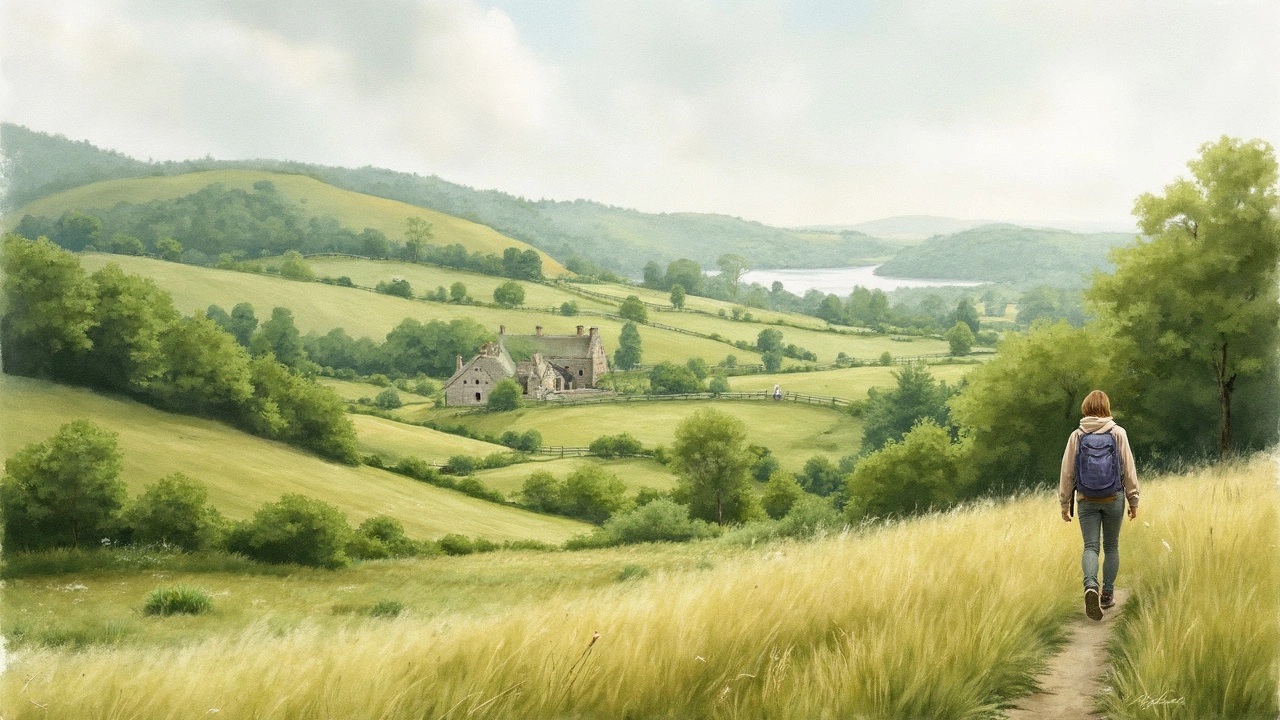Living on Land UK – Practical Guide to Grounded Adventures
If you love the freedom of a motorhome but want to put wheels down for a while, you’re not alone. More people are swapping a nightly move for a semi‑permanent spot on the ground. Whether it’s a quiet forest clearing, a hidden stealth‑camp site or a legal wild‑camp area, the UK offers plenty of options – if you know the rules.
Before you start pitching a tent or parking a van, get a clear idea of what the law says. The UK doesn’t have a single “wild‑camping allowed everywhere” rule. England and Wales allow wild camping only on certain lands, Scotland gives you broader rights, and Northern Ireland is stricter. Ignoring these details can land you a fine or a nasty chat with landowners.
Legal Basics You Must Know
In England and Wales, you need permission for most land. That means checking with the landowner, a local council, or a campsite manager. Some public lands, like certain Forestry Commission sites, let you stay for one night if you follow a few simple rules – no fire, leave no trace, and don’t block paths.
Scotland is the wild‑camping champion thanks to the “right to roam.” You can pitch on most uncultivated land, but you still have to be respectful. Keep noise down, stay away from private houses, and never leave litter. A good rule of thumb is to stay no more than two nights in one spot unless you have explicit consent.
Stealth camping – pulling over in a lay‑by, parking lot, or on a quiet road and sleeping inside your vehicle – walks a thin line. It’s not illegal per se, but you can be asked to move if a police officer thinks you’re causing a nuisance. Choose well‑lit, low‑traffic spots and keep the engine off. A discreet setup (blackout curtains, minimal lights) helps avoid attention.
Practical Ways to Stay on Land
1. **Forestry Commission sites** – Many UK forests have designated “dispersed” spots where you can stay for a night. Arrive early, set up a low‑impact tent, and leave before dusk the next day. Check the Forestry Commission website for maps and any fire bans.
2. **Farm stays and agri‑tourism** – Some farmers rent out fields or outbuildings for campers. You get a legal place, often with basic facilities, and you support local agriculture. A quick Google search for “farm camping UK” usually turns up options near you.
3. **Community‑run sites** – Tiny‑home villages and eco‑communities are popping up across Britain. They often welcome motorhomes and provide water, electricity, and waste disposal for a modest fee. Look for “eco‑camping UK” to find them.
4. **Car‑parking sleepers** – Large supermarkets, service stations, and some Walmarts allow overnight parking for RVs. Call ahead to confirm the policy – many will let you stay for a few hours, not a full night. If you’re okay with a short rest, this can be a lifesaver on a long journey.
5. **DIY land lease** – If you’re serious about a longer stay, consider leasing a small plot of land. Rural landlords sometimes rent a acre for a few hundred pounds a month. This gives you legal certainty and the freedom to set up a semi‑permanent shelter.
Whatever option you choose, follow the “Leave No Trace” principles: carry out all trash, use a portable toilet or the provided facilities, and keep fire bans in mind. A tidy campsite not only protects nature but also builds goodwill with locals and landowners.
Finally, stay flexible. Weather changes fast, especially in the UK, so have a backup plan. Keep a list of nearby legal sites, a portable power source, and a good waterproof bag for your gear. With the right preparation, living on land in the UK can be an affordable, enjoyable way to experience the countryside without losing the comfort of your motorhome.
Ready to put wheels on the ground? Check the posts on stealth camping, forest living, and wild‑camping laws on our site for deeper tips. Happy grounding!
-
 VIEW POST
VIEW POSTCan I Buy Land and Live on It in the UK?
Apr, 10 2025|0 CommentsThinking about owning a piece of the UK countryside and living on it? This guide unpacks land ownership complexities, planning permissions, legalities, and potential hiccups you'll encounter. Discover fascinating insights and realistic expectations around turning your piece of land into a personal retreat. Understand not just what's possible, but practical strategies to make your dream of living on UK land a reality. From loopholes to logistics, get the lowdown on living the wild camping lifestyle on your own terms.